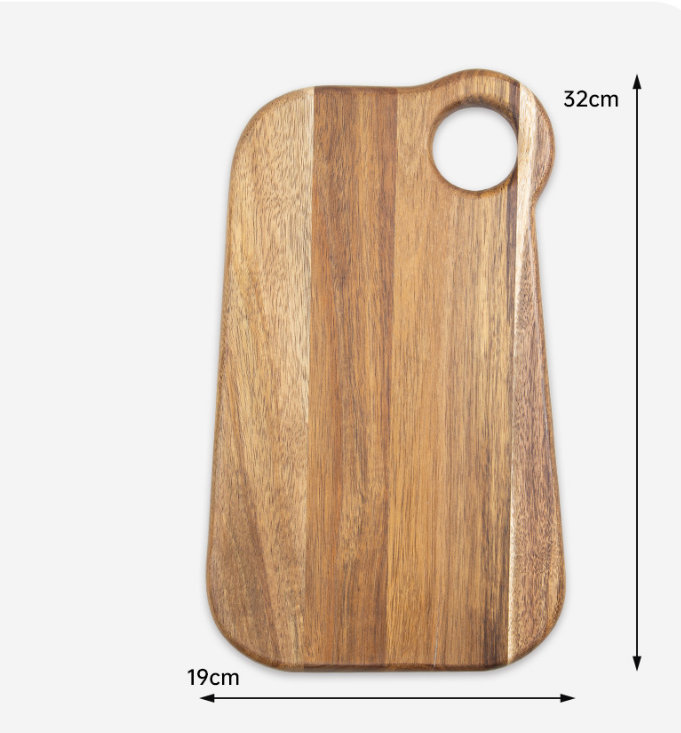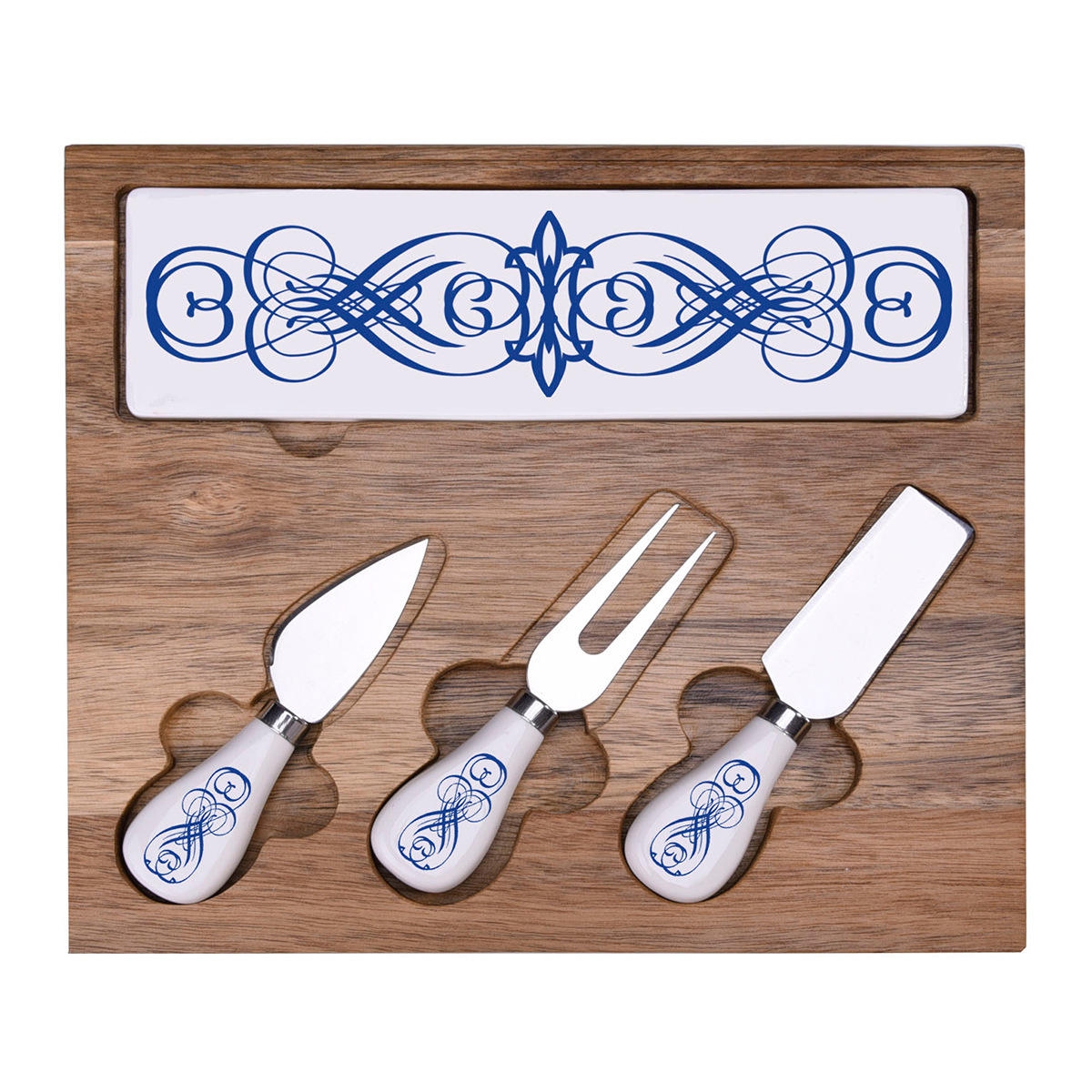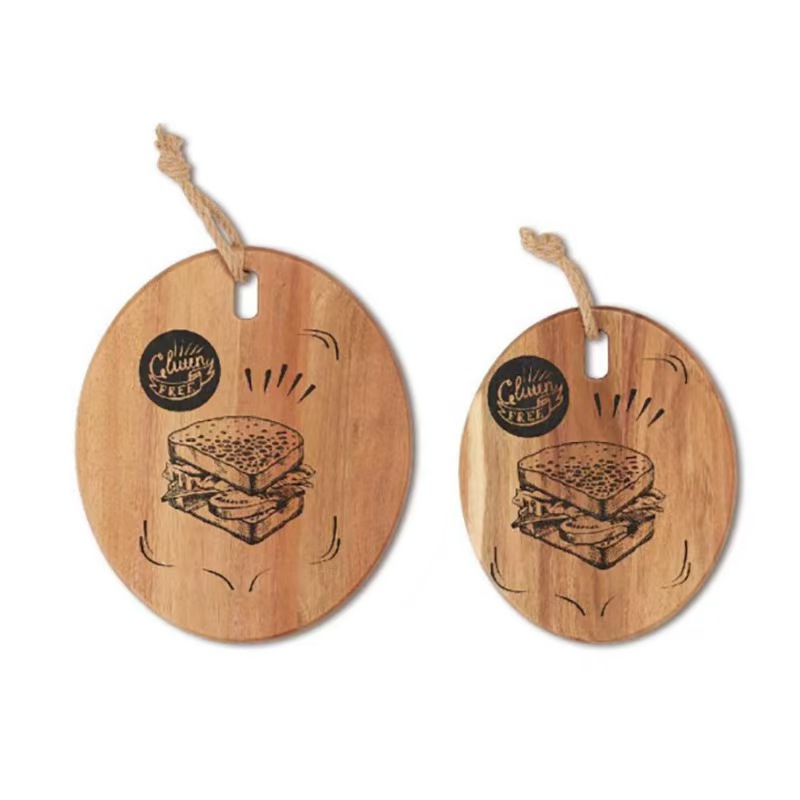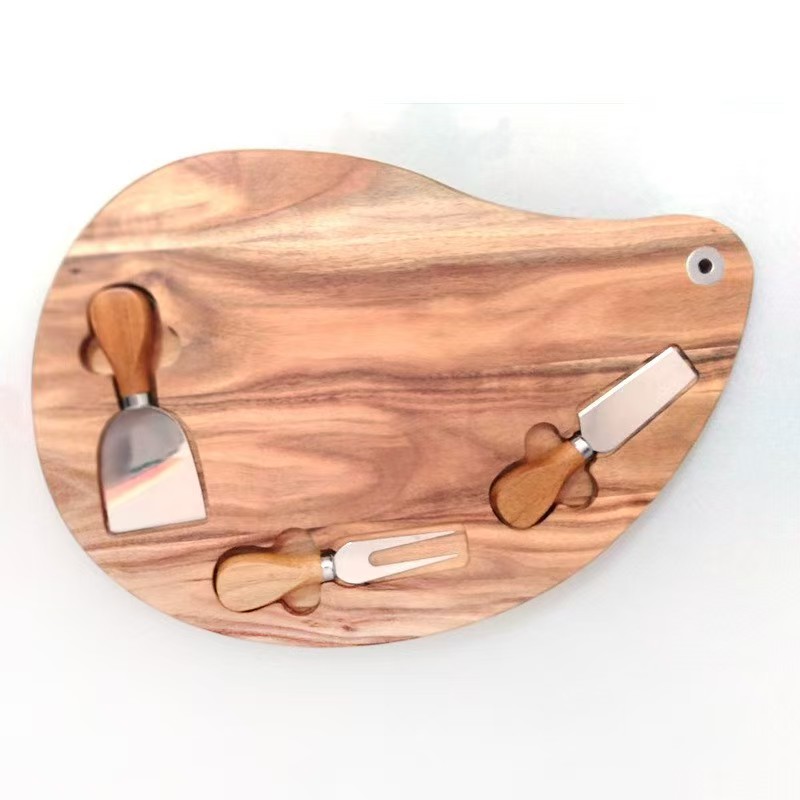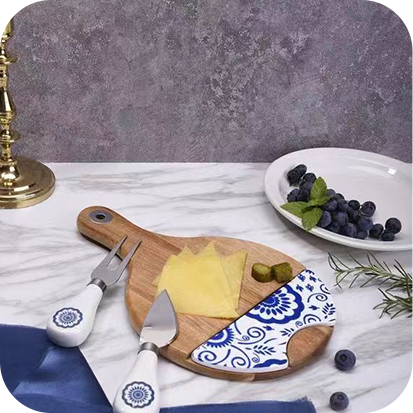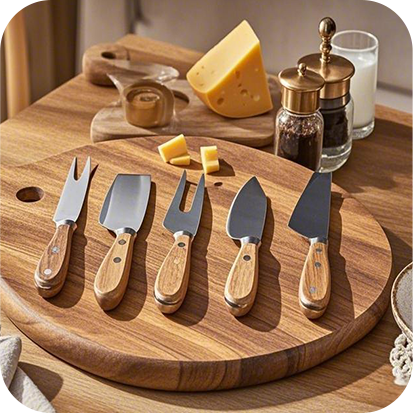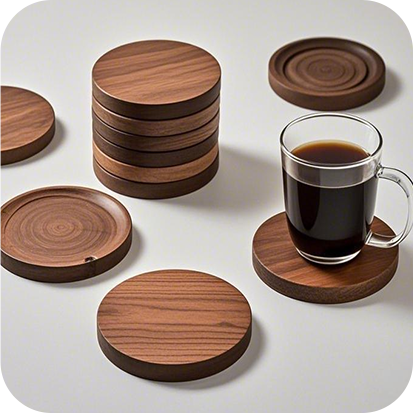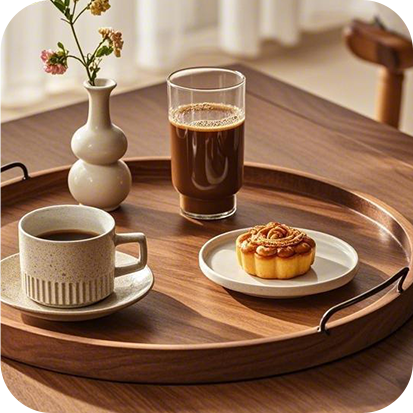How the U.S. Court’s Ruling on Trump’s Tariffs Impacts the Wooden Kitchenware Industry
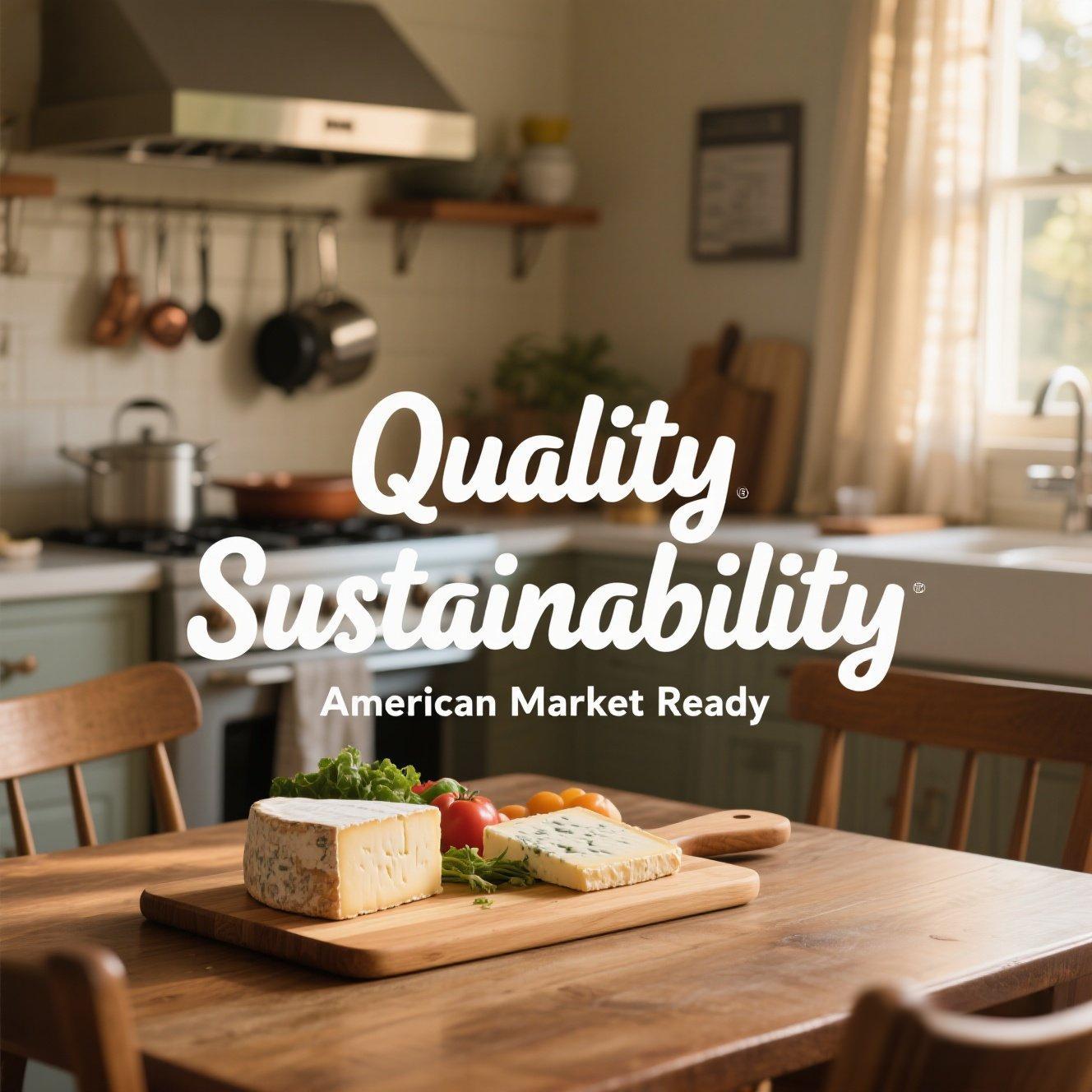
How the U.S. Court’s Ruling on Trump’s Tariffs Impacts the Wooden Kitchenware Industry
On May 28, 2025, the U.S. Court of International Trade ruled to halt key tariffs imposed under the Trump administration. These tariffs had added extra costs to many imported goods, including wooden kitchenware items such as cutting boards, serving trays, coasters, and knife holders. For international manufacturers and exporters—especially those in China—this decision opens the door to renewed trade opportunities with the U.S. market.
The ruling came after the court found that the government exceeded its authority under the International Emergency Economic Powers Act (IEEPA). It declared that trade imbalances do not qualify as a “national emergency,” meaning the tariff measures were not legally justified. This includes the 30% tariff on many Chinese-made consumer goods, a 25% tariff on certain imports from Mexico and Canada, and a 10% general tariff on broad categories of imports.
These changes have direct relevance to global kitchenware suppliers, especially those producing in wood—a material already favored for its sustainability and food safety advantages.
What It Means for Wooden Kitchenware Exporters
Removing tariffs immediately lowers the total landed cost for buyers in the U.S., making imported wooden kitchen tools more competitive. In recent years, many B2B clients had shifted sourcing strategies or reduced order volumes because of increased costs and uncertainty.
Now, with reduced financial pressure, distributors and retailers in the U.S. may be more open to working again with international partners that can deliver both value and volume. For companies like YangJiang Stellar Kitchenware, this presents an opportunity to reengage customers with pricing that makes sense, without sacrificing quality or service.
The tariff rollback also simplifies planning. For exporters, being able to offer stable lead times and predictable prices makes it easier to win large-scale orders. For B2B buyers, this means they can resume projects that were on hold and reintroduce product lines that were previously cut due to high cost.
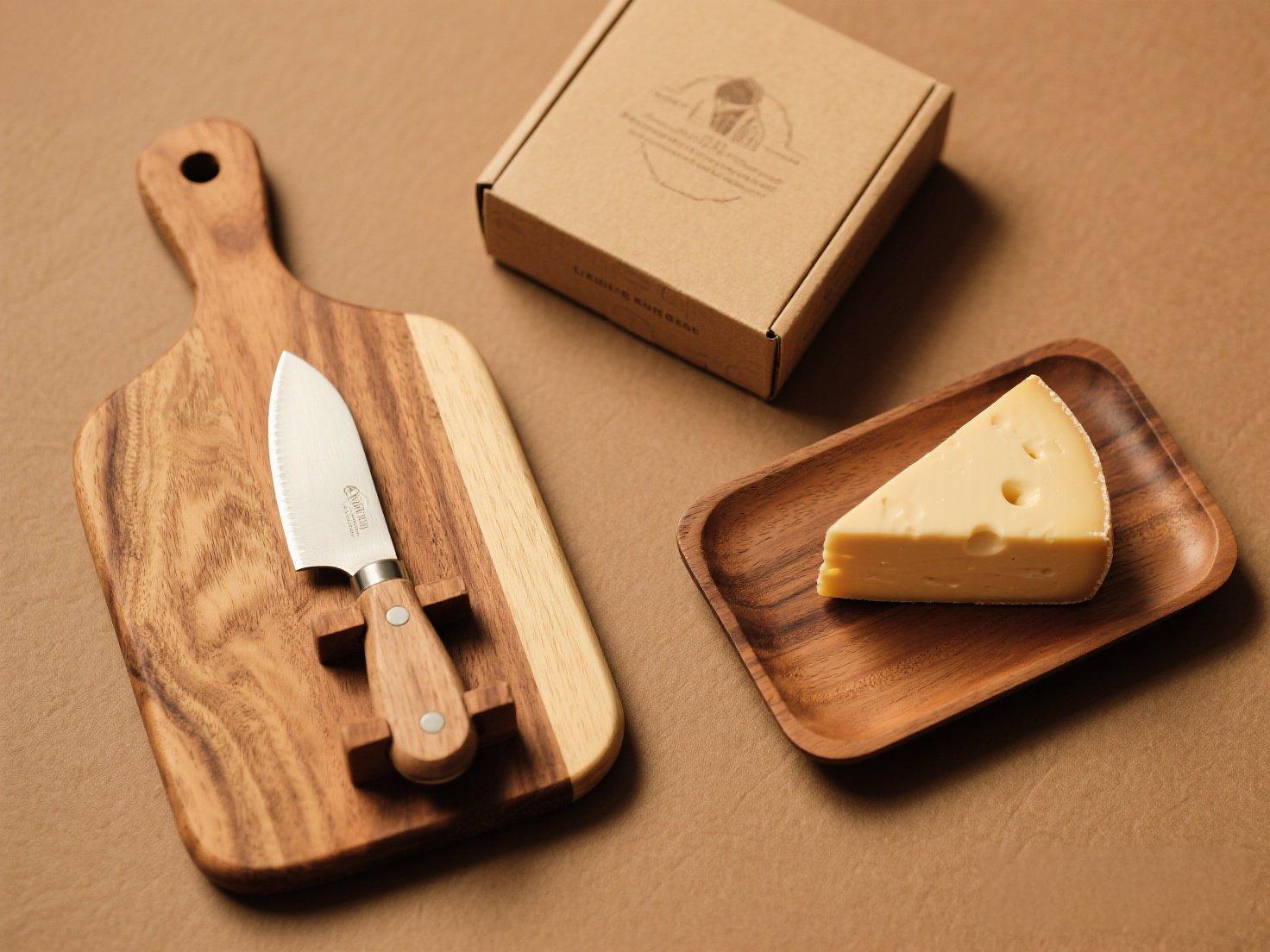
Cost Efficiency Returns
Before this ruling, U.S. buyers often faced a 10–30% price increase on imported wood products. Now that cost is gone. This has a ripple effect across the supply chain. Importers can pass savings to retailers or reinvest in marketing and packaging. Retailers can promote premium wooden products without exceeding target price points. Exporters can focus on value-added services, rather than absorbing costs.
For example:
Acacia wood cutting boards can now reach U.S. shelves at competitive prices again.
FSC-certified trays and coasters regain visibility in retail catalogs.
Kitchenware brands can offer bundled gift sets (cutting board + cheese knife + tray) at more attractive margins.
Removing tariffs helps restore a healthier margin structure for all players in the chain.
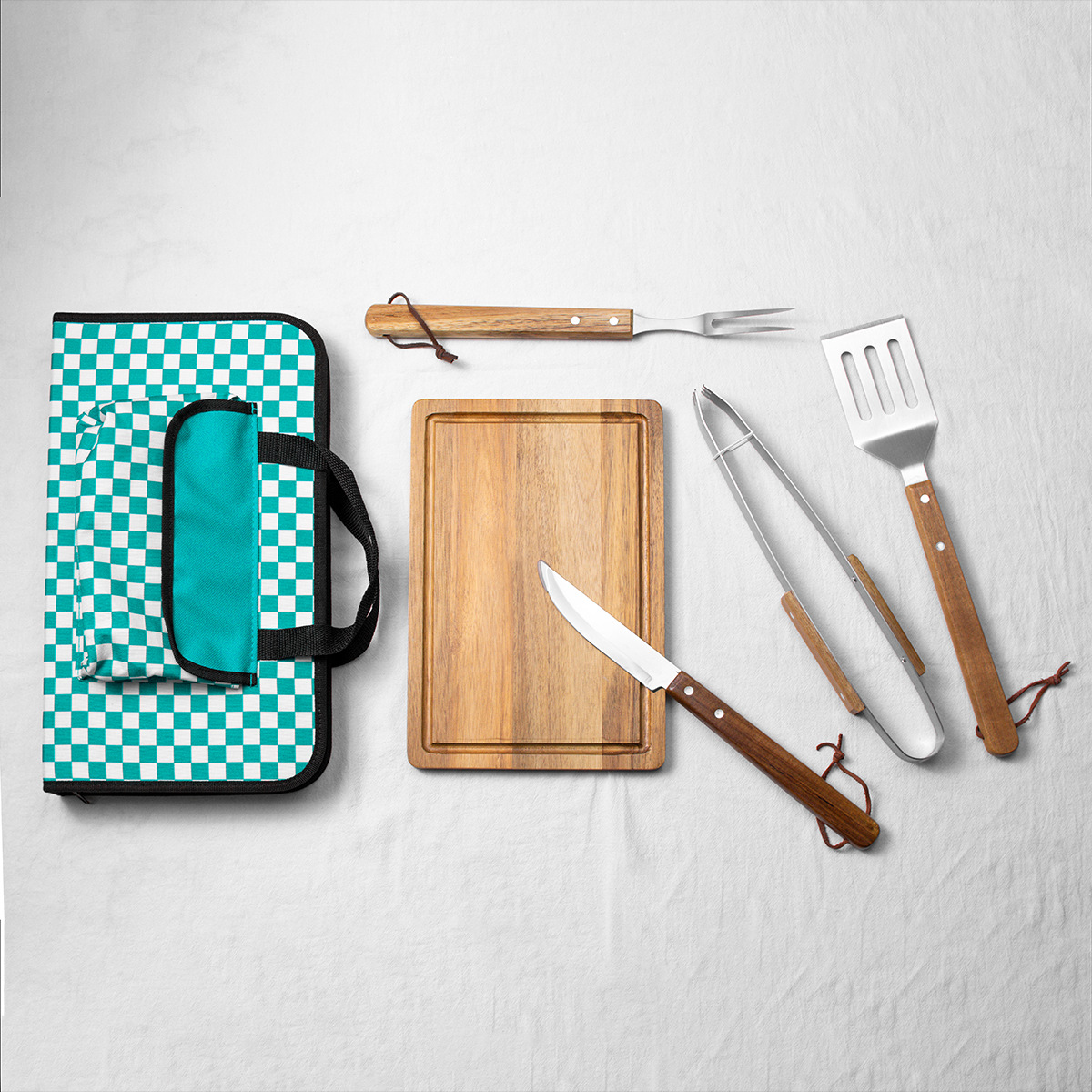
Supply Chain Realignment
Over the past few years, importers had to shift sourcing to avoid tariffs. Some explored Vietnam, Malaysia, or even domestic U.S. options. But these alternatives often meant inconsistent quality, longer delivery times, and higher production risks.
The new environment enables B2B customers to return to trusted manufacturers with proven quality control, production scale, and product innovation. A streamlined and familiar supply chain reduces stress and allows buyers to focus on product strategy rather than crisis management.
YangJiang Stellar Kitchenware, for example, already supports global buyers with a full suite of production, design, packaging, and logistics services—all under one roof. This structure becomes even more attractive when price distortion from tariffs is removed.
Growth Potential in the U.S. Market
With costs stabilizing and legal clarity restored, buyers in the U.S. are likely to increase sourcing activity. Retailers preparing for the holiday season, supermarket chains expanding eco-friendly product lines, and hotel suppliers looking to refresh tableware now have new reasons to explore wooden kitchenware again.
Products that are likely to see renewed demand include:
Laser-engraved acacia cutting boards for brand promotions
Food-grade wooden trays for restaurants and hospitality groups
Custom coasters for coffee shops, breweries, and gift stores
Multipurpose cheeseboards for kitchen and dining retailers
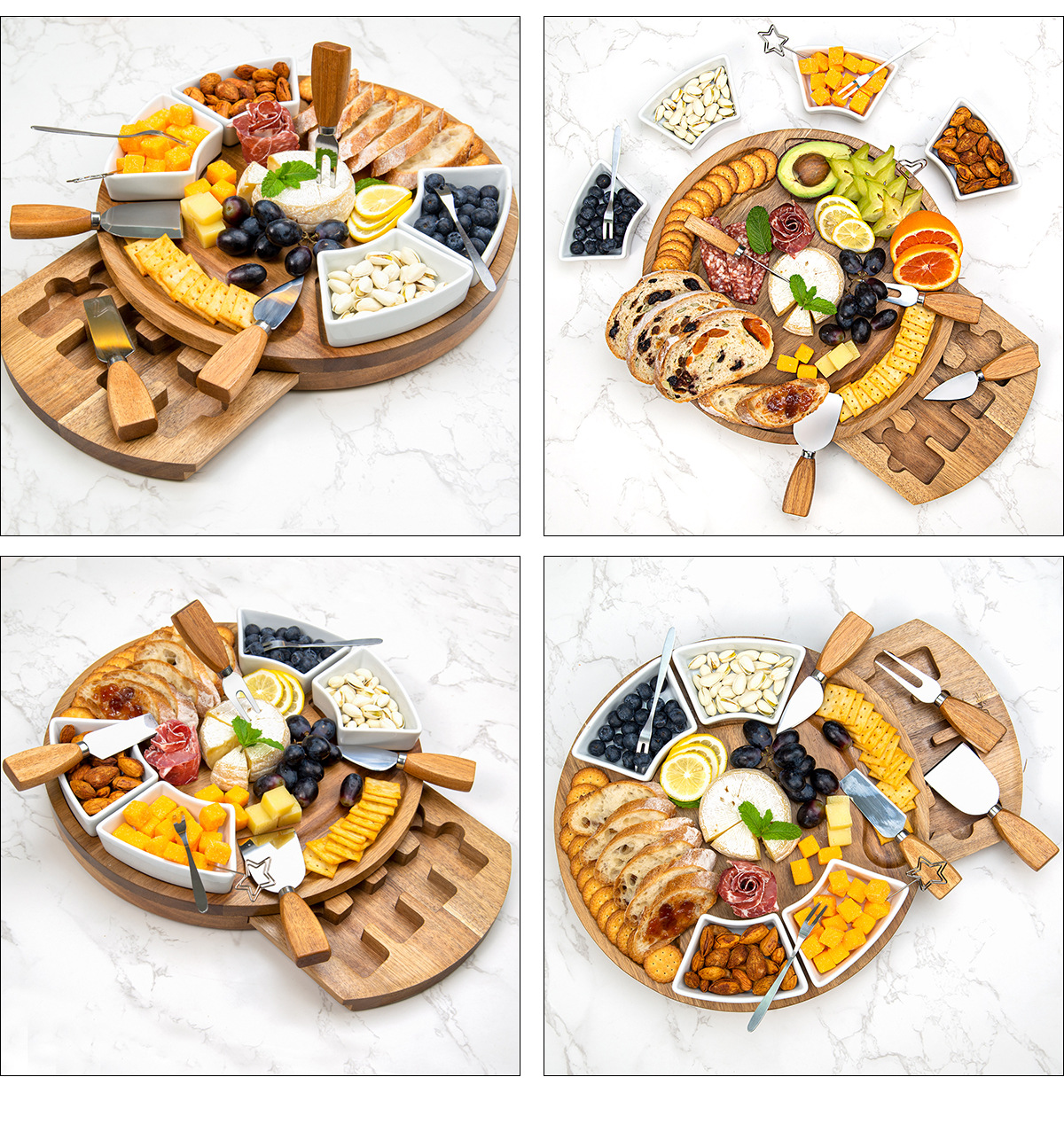
Sustainable kitchenware, once hindered by tariff costs, now returns as a practical choice for B2B customers who prioritize green sourcing, functionality, and long-term brand value.
.jpg)
The Importance of Certification and Product Quality
With cost pressure reduced, attention returns to what really matters: product safety, durability, and supplier reliability. FSC certification, food-grade oil finishing, and packaging made from biodegradable materials are all strong selling points that resonate with modern buyers.
In today’s market, distributors and brand owners want partners who understand design trends, packaging standards, and global compliance. Kitchenware made from ethically sourced wood is more than a product—it’s a brand statement.
To support these needs, manufacturers need to offer:
Flexible customization (logo, shape, size, groove, handles)
Consistent moisture control and anti-crack treatment
Professional photography and digital assets for eCommerce
Fast sampling and clear communication during production
Meeting these expectations strengthens partnerships and builds long-term business.
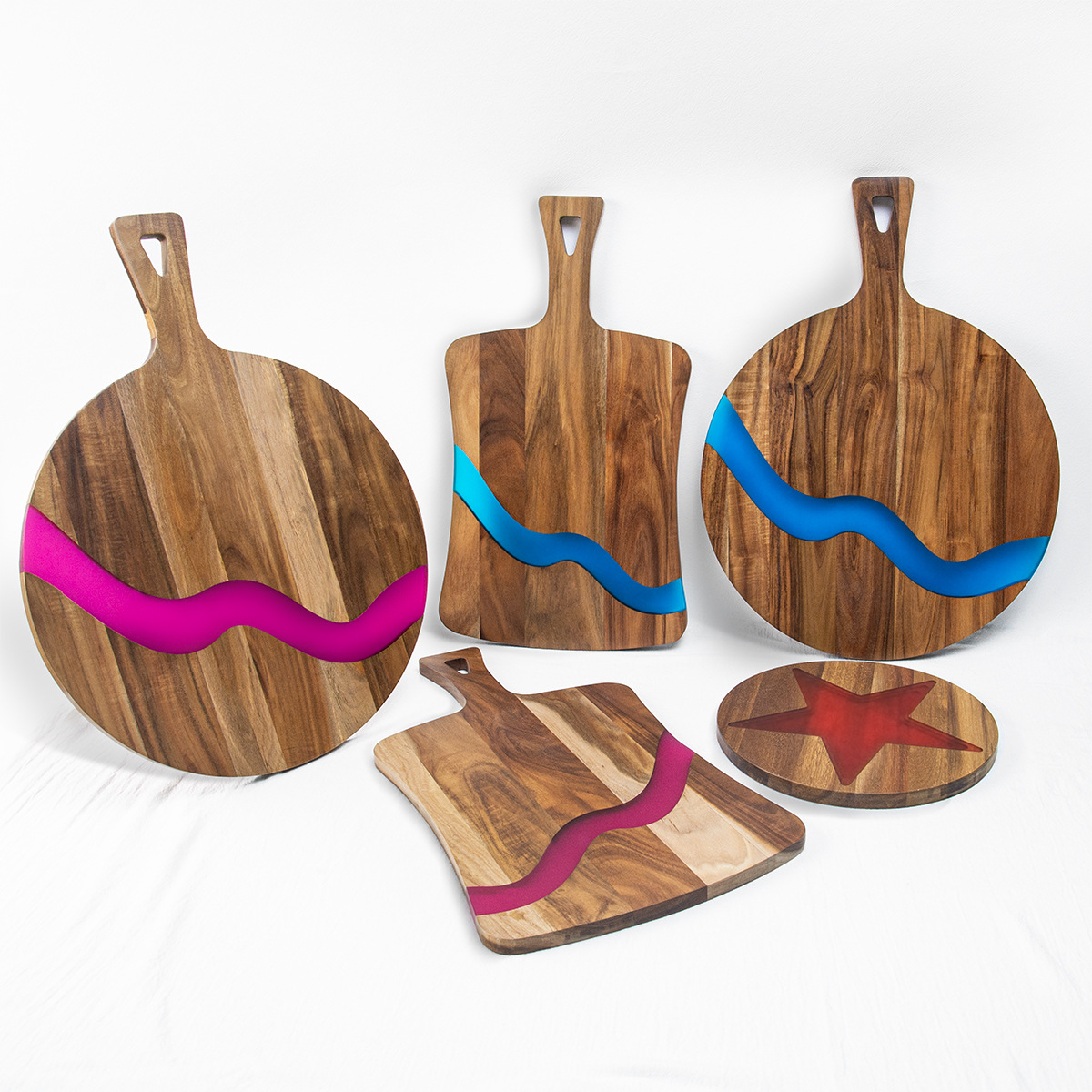
How U.S. Buyers Can Benefit
For U.S.-based clients, this policy change allows them to:
Revisit supplier relationships they had paused
Reduce costs and improve competitiveness
Offer greener products to meet consumer expectations
Plan long-term with stable pricing models
Buyers who had previously walked away from wooden kitchenware because of cost constraints can now reconsider. Large chains may reintroduce house-brand wood kitchen tools, and boutique retailers may restock seasonal or gift items.
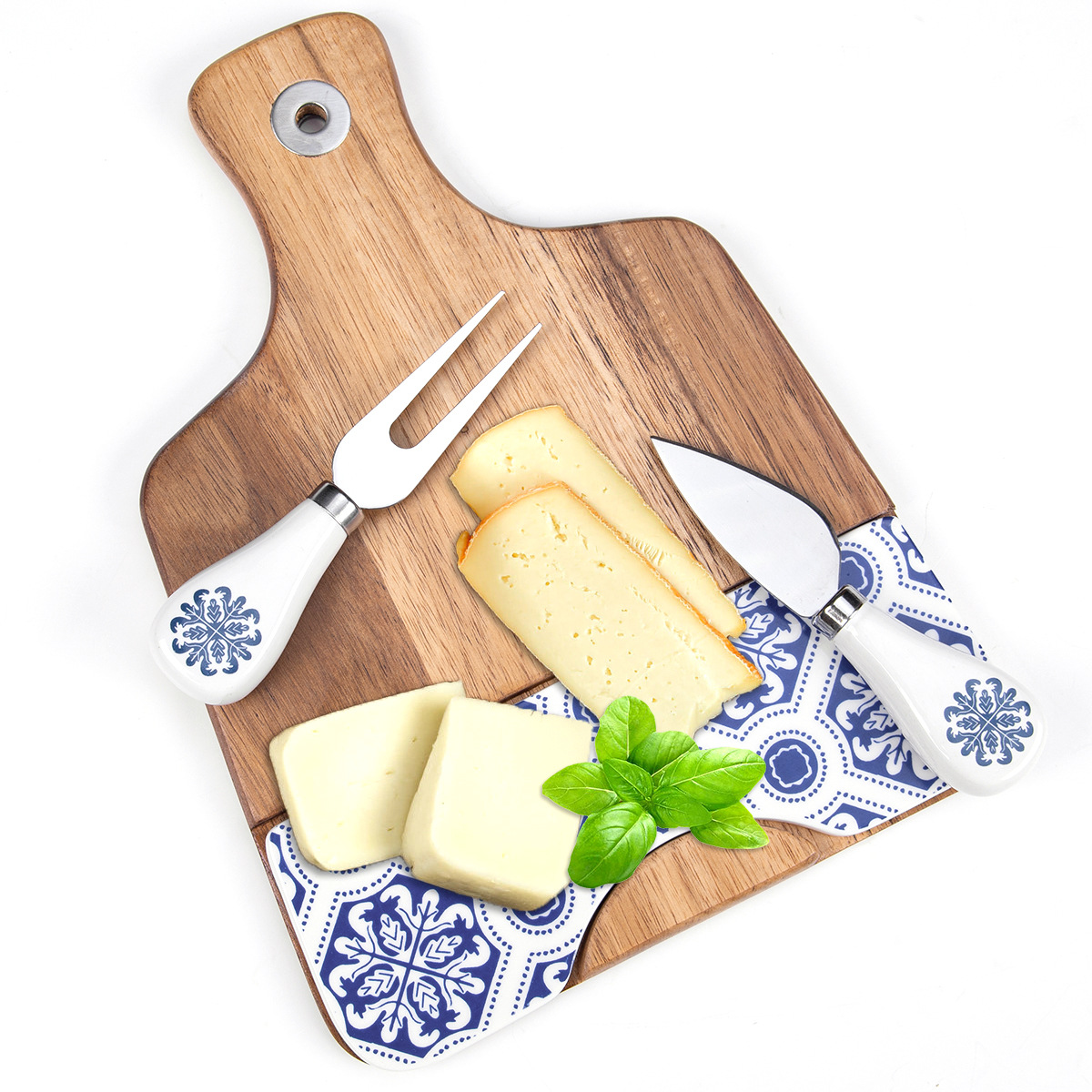
For Exporters: How to Move Forward
Manufacturers and exporters of wooden kitchenware should take proactive steps in response to this ruling:
Update catalogs and price lists to reflect the lower cost structure
Reach out to former clients with sample offers and new packaging options
Launch new product collections in line with market trends (e.g., minimalism, gift-ready sets, compact storage solutions)
Reaffirm certifications and sourcing transparency to reassure clients
Marketing efforts can also expand. Online channels like LinkedIn, Instagram, and email campaigns can help reach buyers who have grown more digital in their sourcing habits. Showing production quality and process transparency builds trust and attracts interest.
Legal Appeal and Future Monitoring
Although the ruling currently stands, it may face challenges. An appeal has already been filed, and the legal process could take months or years. Still, any new tariff attempts will likely require congressional approval or be subject to legal challenges, reducing the chance of sudden disruptions.
While monitoring legal developments remains important, exporters and buyers should use this time to rebuild cooperation, reintroduce products, and strengthen supply agreements.
The more closely aligned both sides are now, the easier it will be to adapt in the future.
What YangJiang Stellar Kitchenware Offers
As a factory with over 16 years of experience, YangJiang Stellar Kitchenware provides B2B clients with:
FSC-certified wooden cutting boards and kitchen tools
Customized designs for retail, hospitality, and gift markets
Food-grade oil finishing and moisture-controlled materials
Eco-friendly packaging and custom branding options
Full support from inquiry to delivery, including after-sales service
We don’t compete with our clients—we support them. Our mission is to help brands and distributors succeed by offering reliable products, consistent service, and value they can pass on to their customers.
We welcome businesses looking for long-term partnerships, not just one-time orders. Let us be your supplier behind the scenes, focused on making you look good on the shelf.
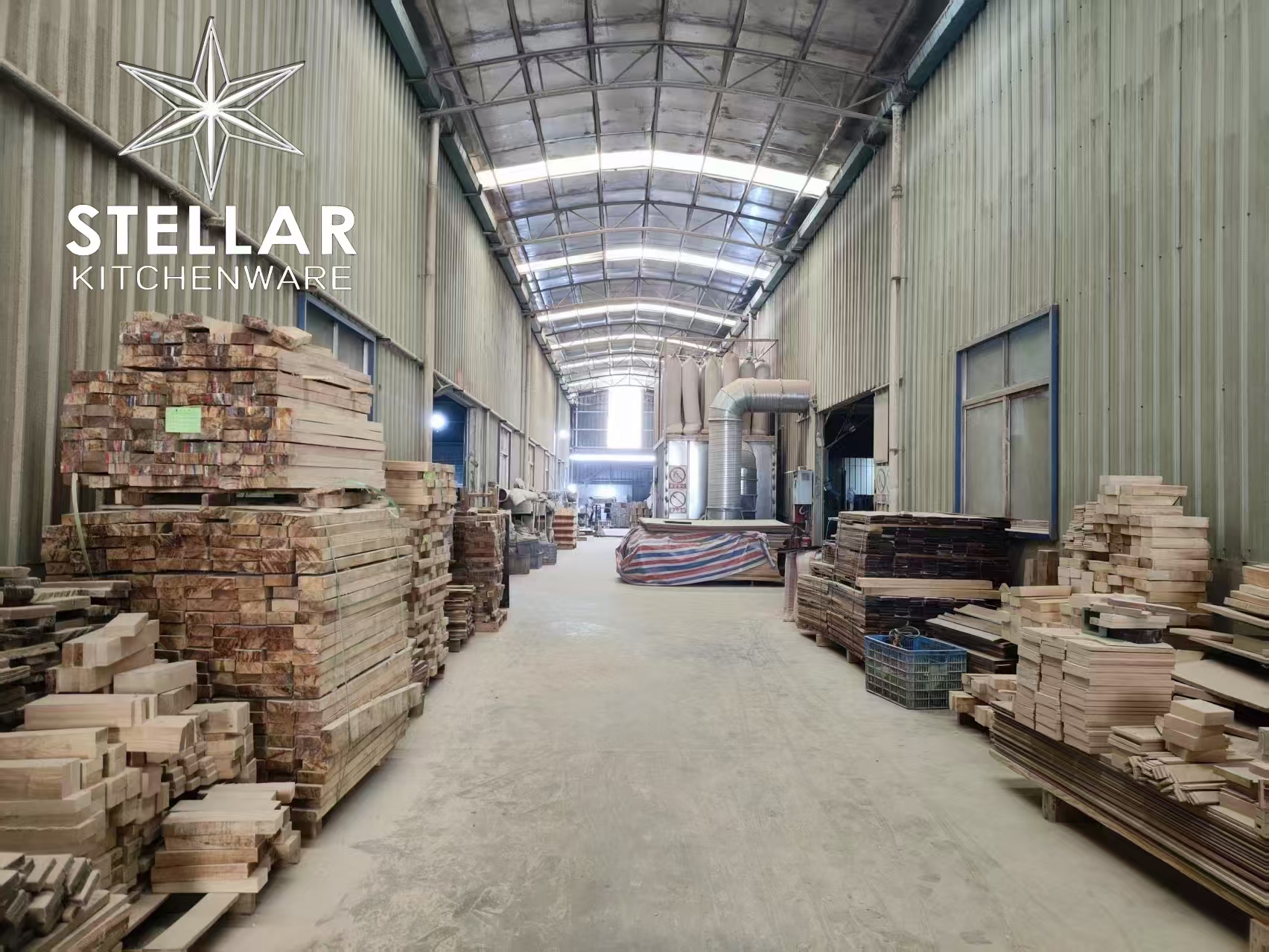
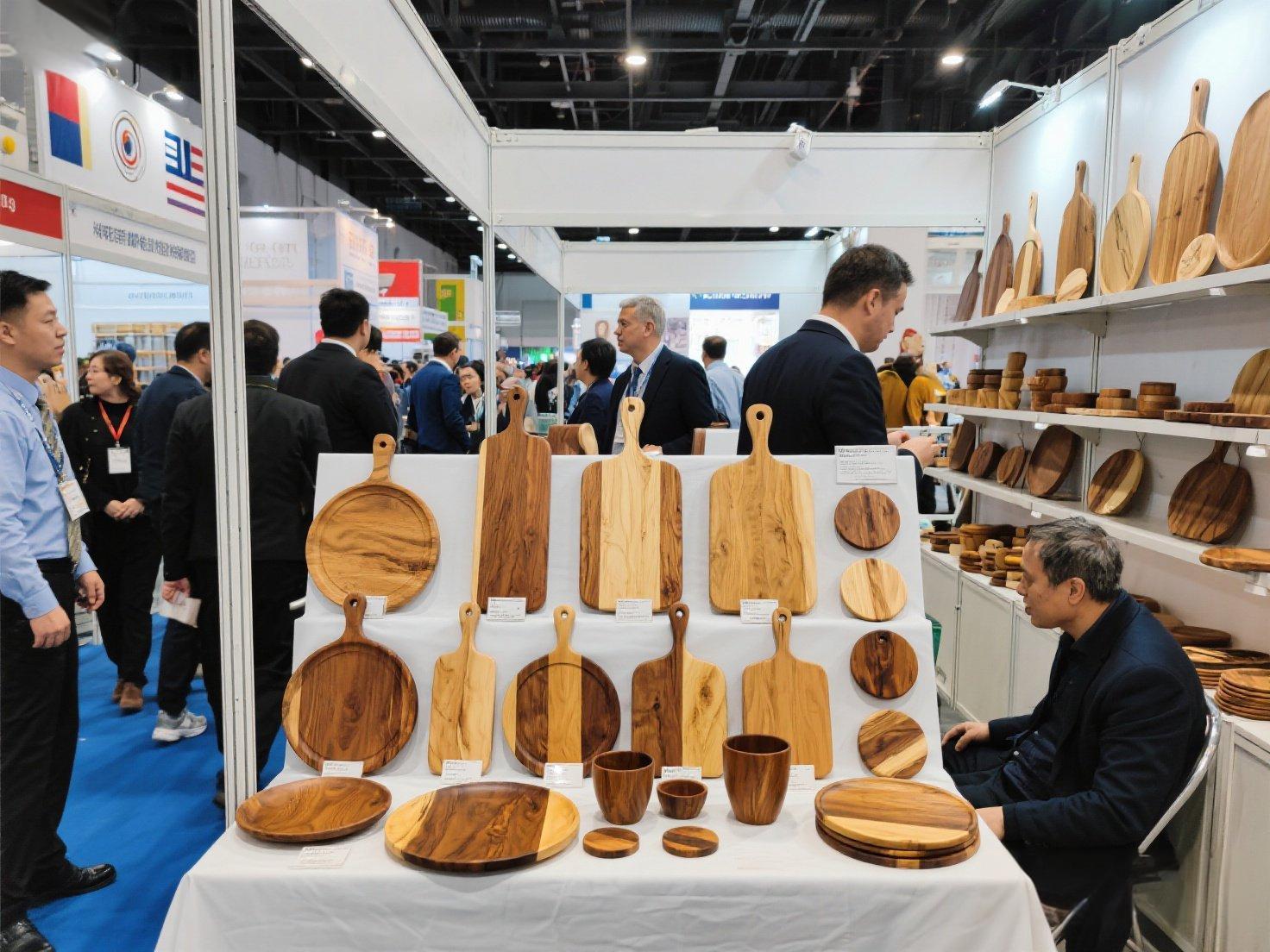
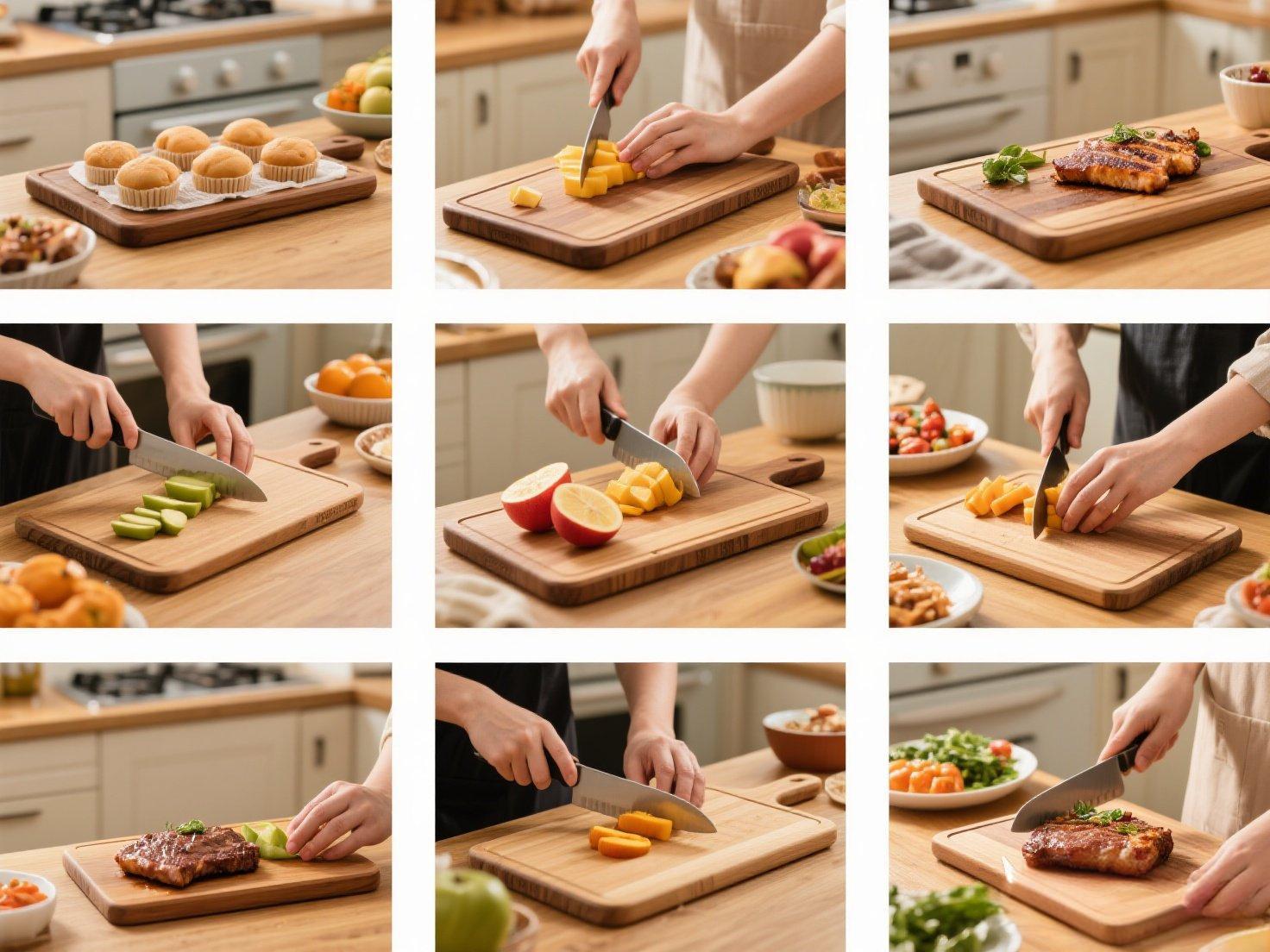
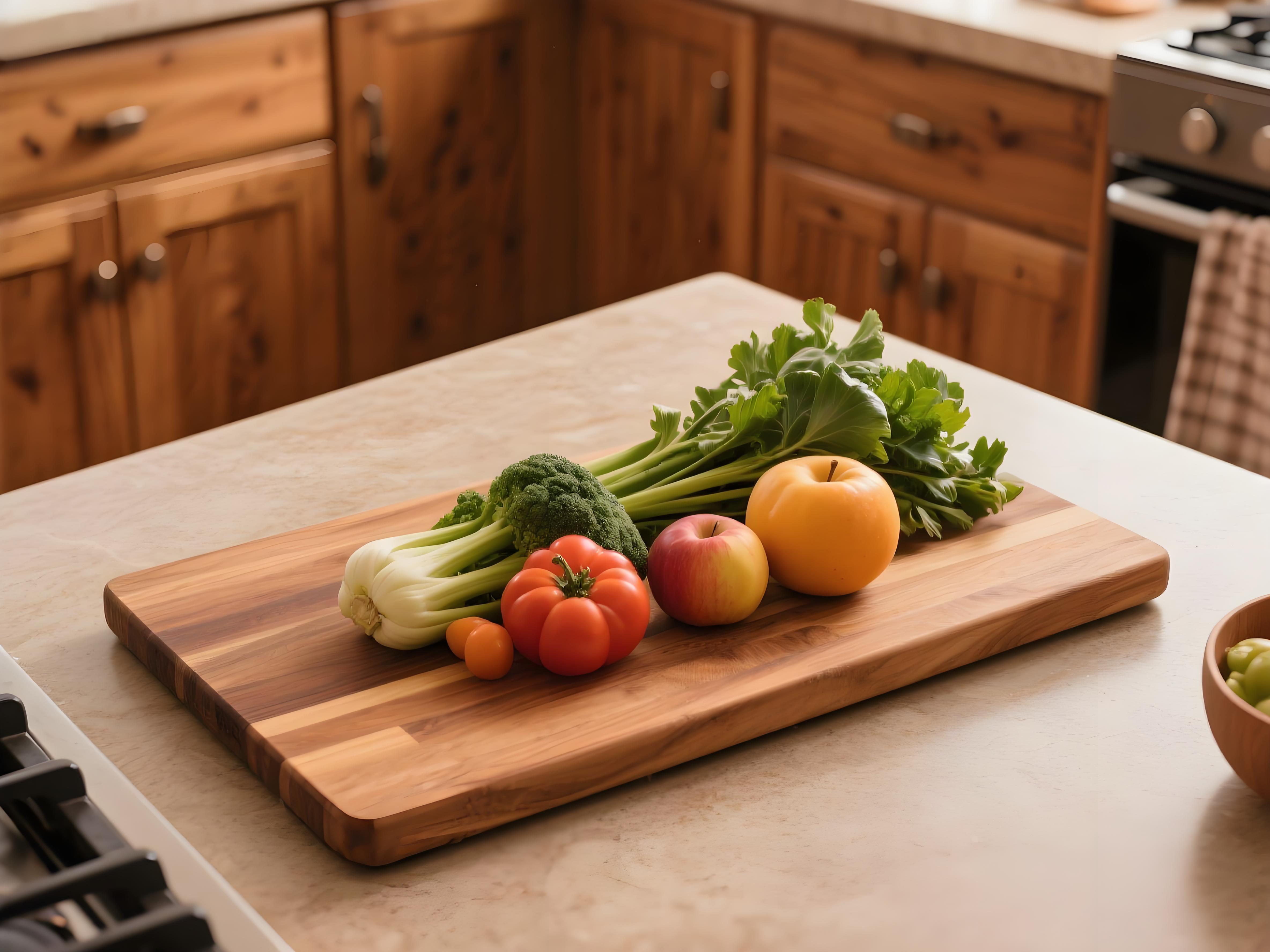
What’s Next
The recent court ruling removes a major obstacle to global trade. For the kitchenware industry, it opens the door to more meaningful cooperation and smarter business decisions. For exporters, it’s a chance to grow. For importers, it’s an opportunity to rediscover quality wooden kitchenware that customers love.
Now is the time to reconnect, rethink, and refresh your product offering. If you’re looking for cutting boards, trays, coasters, or wooden knife holders made from sustainable materials and backed by real factory experience, we’re ready to help.
Reach out today. Let’s build something great—together. Contact us at info@justwoodencuttingboard.com
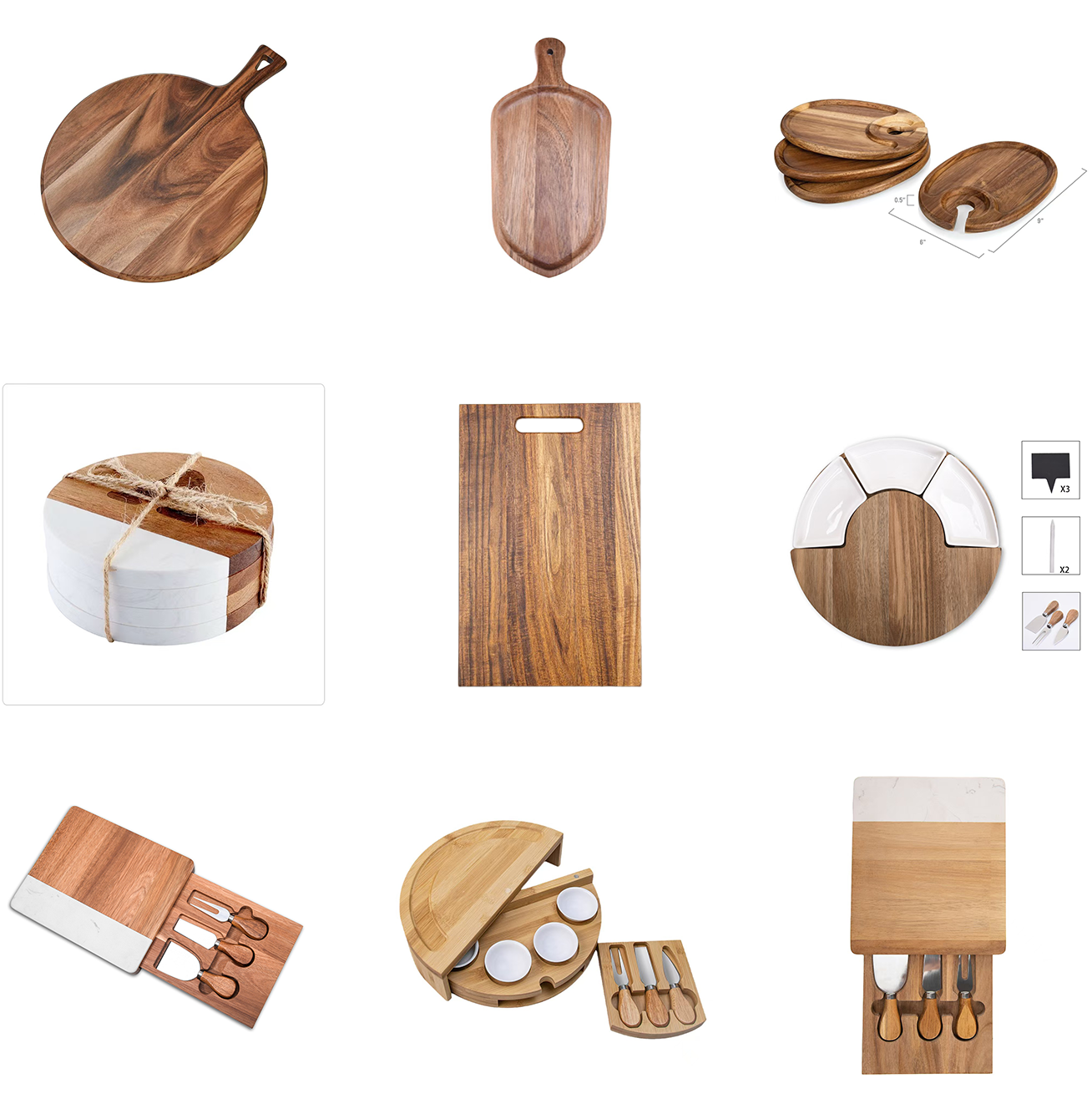
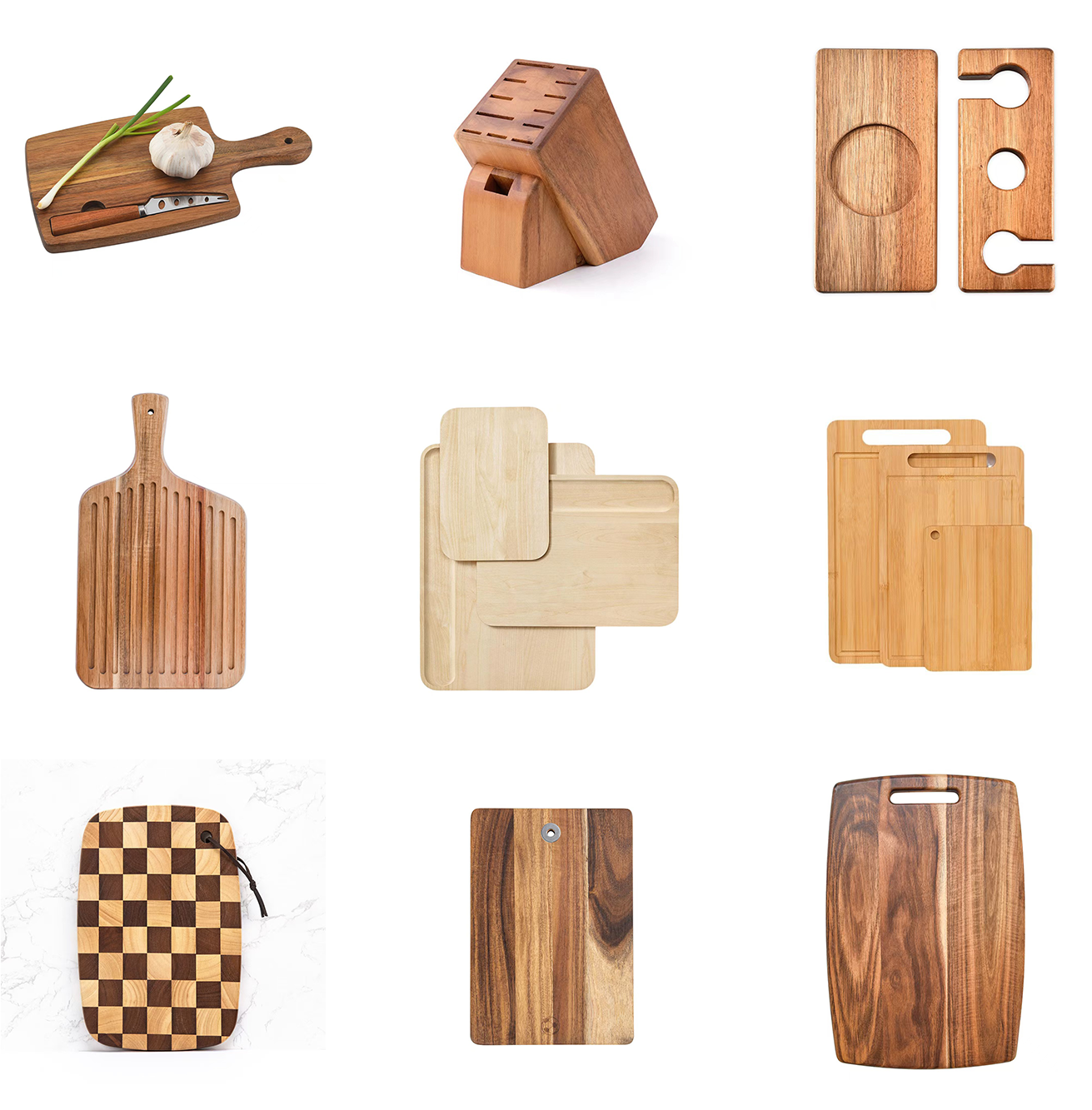
Yangjiang Cuthaven Kitchenware Co.,Ltd
Yangjiang Cuthaven Kitchenware Co.,Ltd.
specializes in the production and export of high-quality metal and wooden kitchenware. With over 16 years of experience in the industry, we have established ourselves as a trusted partner for businesses worldwide.








